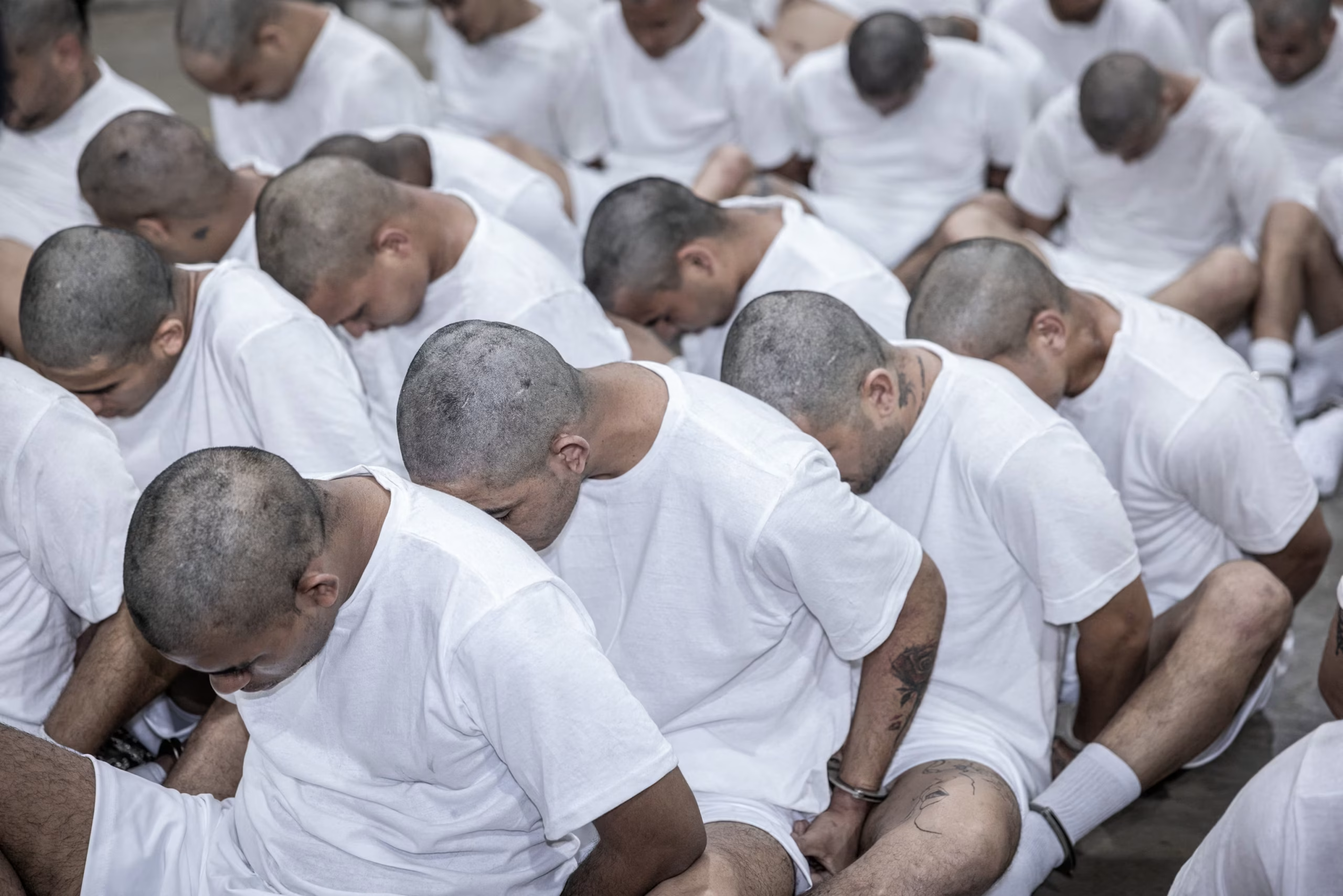President Donald Trump’s administration invoked the Alien Enemies Act to deport hundreds of Venezuelan migrants, alleging they were members of the Venezuelan prison gang Tren de Aragua. Instead of sending them back to Venezuela, the administration arranged with El Salvador’s President Nayib Bukele to accept them. Despite a federal court order by Judge James E. Boasberg temporarily blocking deportations under the Act, the migrants were still sent to El Salvador, prompting significant controversy and public statements from both Bukele and U.S. officials.
Judge Blocks Deportations as El Salvador Accepts Venezuelan Migrants and MS-13 Members
Judge Boasberg ruled that Trump could not legally deport the men using the Alien Enemies Act, a law historically used during wartime, including against Japanese Americans during World War II. Boasberg ordered the administration to halt the deportations immediately. However, Bukele mocked the court’s decision on social media, confirming that 238 migrants had already arrived and were detained at El Salvador’s Terrorism Confinement Center for at least one year. The financial deal between the U.S. and El Salvador was described as minimal for America but significant for El Salvador’s prison system.

Along with the Venezuelan detainees, El Salvador received 23 MS-13 gang members from the United States, including two alleged leaders wanted by Salvadoran authorities. Secretary of State Marco Rubio praised El Salvador for cooperating and housing the alleged criminals in their facilities. President Bukele emphasized the economic benefits of the arrangement for his country, implying that the fees would contribute to making El Salvador’s prison system self-sustaining.
White House Defends Deportations Amid Venezuela’s Condemnation and Disputes Over Legal Authority
The White House, through Press Secretary Karoline Leavitt, denied any wrongdoing, claiming that the deportations occurred before the judge’s order and defending the executive’s actions. She questioned the judiciary’s authority to control presidential decisions regarding national security. Trump also responded by posting videos of the deported individuals and thanking Bukele, framing the deportations as a necessary measure against what he described as terrorist threats enabled by previous Democratic leadership.
Venezuela condemned Trump’s use of the Alien Enemies Act, accusing the United States of committing “a crime against humanity.” Although Venezuela had recently agreed to resume accepting deportees, it remains unclear why the U.S. redirected the deportations to El Salvador. Trump’s executive order accused the Maduro regime of being complicit with Tren de Aragua’s criminal activities, while Maduro’s government rejected the allegations and criticized the legality and morality of the deportations.


